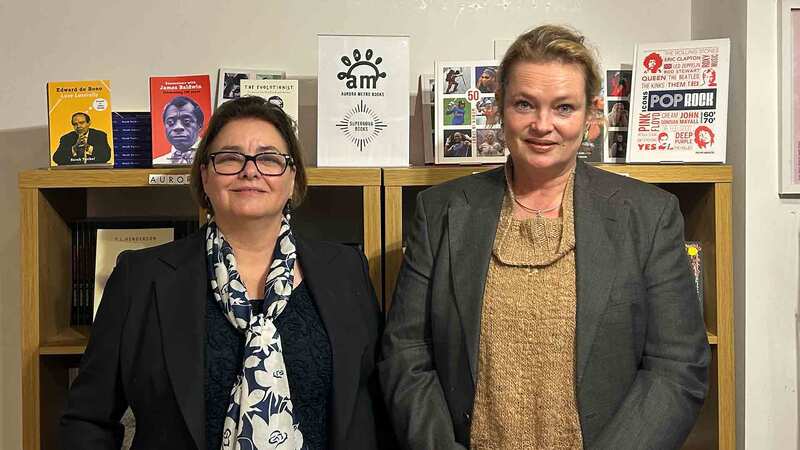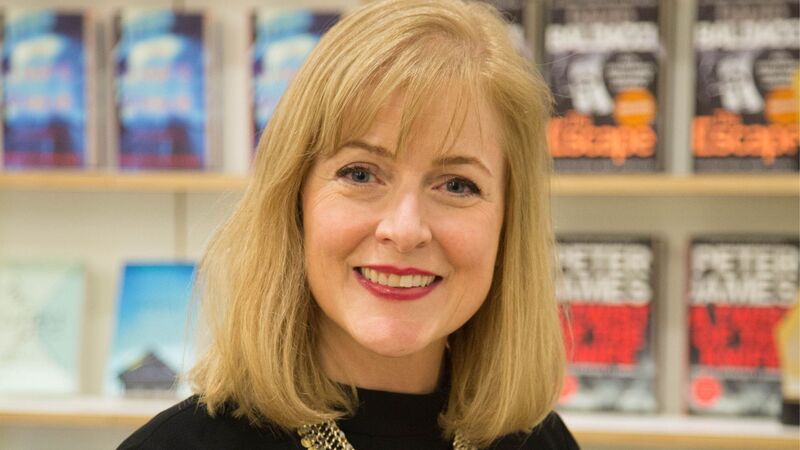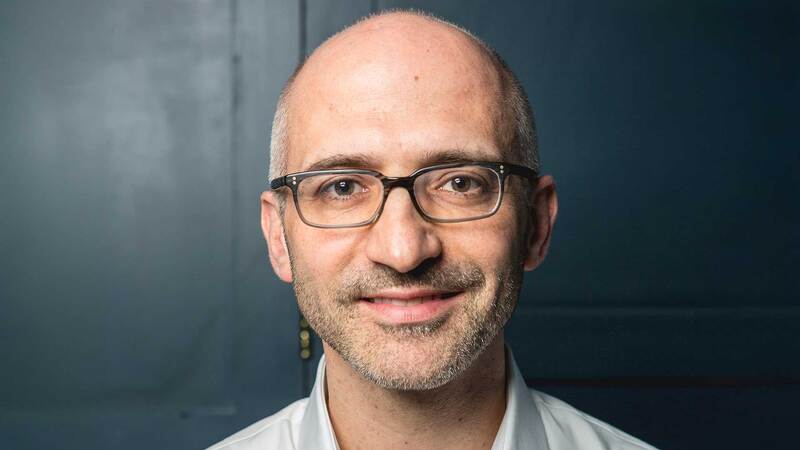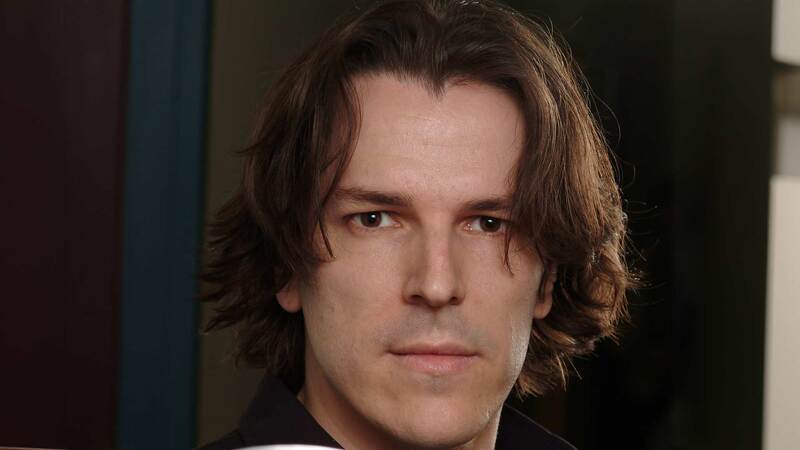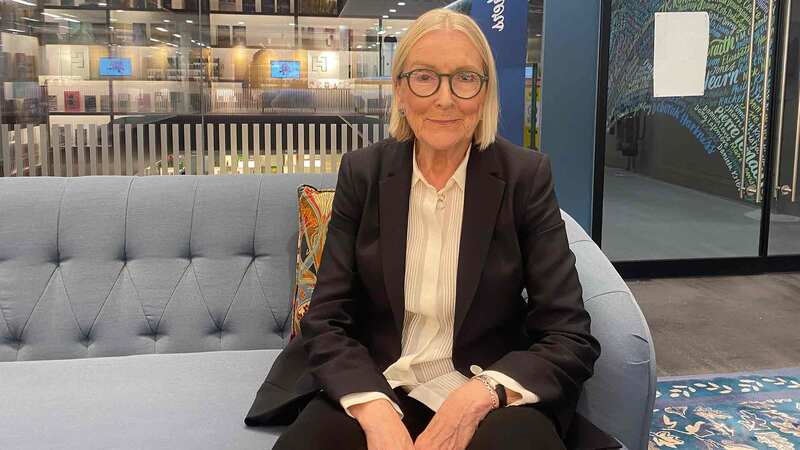You are viewing your 1 free article this month. Login to read more articles.
Quercus looks to its future after pandemic-delayed anniversary
M.d. Jon Butler, who this week unveiled a rebrand of the imprint to mark its 15th anniversary, reveals why it is embracing both leftfield titles and the A-list this autumn
Quercus is marking a significant anniversary in an oh-so-pandemic era way: celebrating it a year after the fact. The indie-turned-Hachette division hit 15 in 2020 and the parties scheduled last year were struck down by Covid-19.
Jon Butler, who came over from Pan Macmillan to be Quercus m.d. in 2015, says the pause in those anniversary plans was in some ways beneficial, as it made the division rethink its core values. A lot of the celebrations in this year’s delayed anniversary are outward-facing, including the revival of the Quercus Big Day Out, in which staffers will visit bookshops across the country, and a new corporate brand identity.
Butler says: “What really hit me about the pandemic is how atomised everything feels and how hard it is to kind of make the team feel cohesive. When we last did the Big Day Out, it made the team more connected than we had been in ages. We were able to talk about ourselves to the shops and we got this Twitter storm of love for Quercus.”
And though there is a new livery for Quercus, Butler insists the rebranding was “not about a logo. It was more about thinking about who we are. I’ve created a brand document, which I suppose is a really corporate thing to do, but we are using it to reconnect and spell out what we stand for. It’s sort of a way to recontract with everyone who works for us to ask: ‘What do you want to do? What legacy do you want to leave from your time at Quercus? What acorns do you want to turn into trees [Quercus is Latin for oak tree]?’”
This all does beg the question, then: what does Quercus stand for? Butler says: “When I first started here, a lot of people would say ‘quirky Quercus’. That used to frustrate me—I would think: ‘We’re not quirky, we’re going to be massive.’ But I’ve come to embrace that; I love the idea that we feel slightly like an indie with the muscle of a corporate. And that quirkiness means that we’ve been a lot faster to change. Take this convulsion everyone has been going through on identity politics over the last couple of years. I think Quercus has been thinking about these things early on. There is a brilliant stat that 40% of our authors are from countries other than the US or the UK. So, it has always been a diverse list.”
He adds that nimbleness is partly out of necessity. He says: “That quirkiness has given us quite a few leftfield hits over the years. We should just embrace it as our DNA. We have quite a young backlist, so we haven’t got that lovely grind and profit coming through that, say, Hodder, with its 50-year history, might have. We need to make hits, so we’re going to embrace our internationalism, quirkiness and daring and just really just go for it. Otherwise, what are we in publishing for?”
Lockdown hits
Quercus has had a pretty decent 18 months in sales terms, led by the ongoing rise of Dr Ruth Galloway creator Elly Griffiths and a couple of hits that resonated during lockdowns: Beth O’Leary’s The Flatshare and Peter May’s Lockdown, the latter set during an influenza epidemic; it was written 15 years ago but never published, and dusted off by the Scottish thriller writer last year.
Butler saw a “massive switch to digital and audio” during the lockdowns, but also a lot of innovation from independent bookshops. However, “the biggest miss was a healthy Waterstones, because they can make new voices in the way others can’t. We are now in this different place where the market is supposed to be back to normal, but it’s not there yet. My worry for this year is that because there is a safety in the bigger books, everybody’s focus is going to be on the big stuff. I think it is going to be even tougher than last year to break those new voices. Feeding into that, I don’t see the switch to more physical books being bought online—and what are we at, 50% or 60% of sales online now?—changing, as it’s become too easy [for consumers].”
There may be a few of those quirky Quercus hits this autumn, with Butler’s biggest bet on Storyland, a beautiful illustrated history of Britain’s myths from art historian, artist and printmaker Amy Jeffs. But there is plenty of more traditional—at least on the surface—big Christmas fare, such as memoirs by Jimmy Carr, Julian Clary and “Succession” star Brian Cox, plus supermodel and influencer Emily Ratajkowski’s book of essays and astronaut Chris Hadfield moving from non-fiction to fiction with his “The Martian meets The Hunt for Red October” thriller, The Apollo Murders. Butler says: “We have gone quite A-list this autumn as a bit of protection from that big books focus, and [Carr, Cox and Ratajkowski] are the kind of people who can get on ‘Graham Norton’”.
Quercus is not alone in bringing out A-listers this autumn. Yet Butler doesn’t think this necessarily marks a return to that heyday of the celeb memoir: “The driver has probably been more the one thing all these memoirs this year have in common: lots of famous people had a lot of time on their hands over the past year or so. What happened four or five years ago, with the decline of the celeb market, was that the advances were out of whack with the sales. I don’t think that’s the case this year because there doesn’t seem to have been much buying tension.”
One of the moves to address the relatively small backlist has been recent strategic acquisitions, with the Laurence King Publishing student and professional list coming into the fold last autumn, while Arcadia Books—the literary and translation indie founded by the late Gary Pulsifer 25 years ago—was bought earlier this month and incorporated into the Maclehose Press imprint. Butler says: “Both are what I would call ‘Quercus adjacent’: really fantastic niche publishing.”
Butler sidesteps questions on what his next move might be, but says: “What I’m genuinely thinking about is Quercus. I’ve been here six years, maybe I’ll be here 10 or 15 years. Coming back to that acorn: I want Quercus to be a stable, exciting place to work. It’s an overused phrase but I want it to be a destination publisher, where authors want to be published by us and people want to work for us. To help that out, I want us to have more hits and I want us to win some more prizes.”






